MARCUS Rashford says that during lockdown, he was motivated to feed starving children by his mother’s midnight sobs as she struggled to support her family.
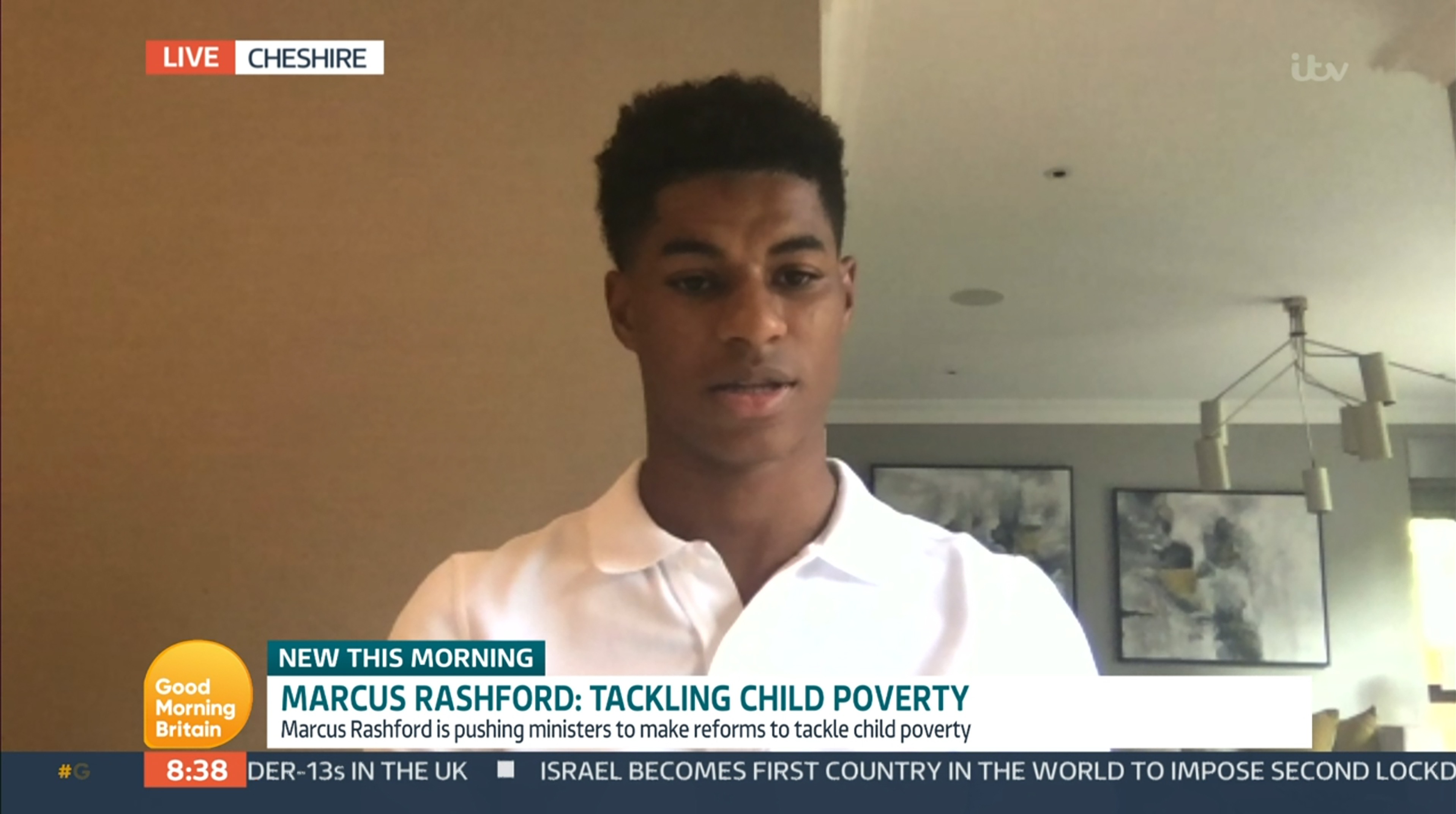
The Manchester United and England striker stated that his mother’s lack of support “drives him” to help other families.
The 22-year-old is adamant that the needs of children come first for the government. He currently earns £200,000 a week and has a £1.85 million mansion in Cheshire.
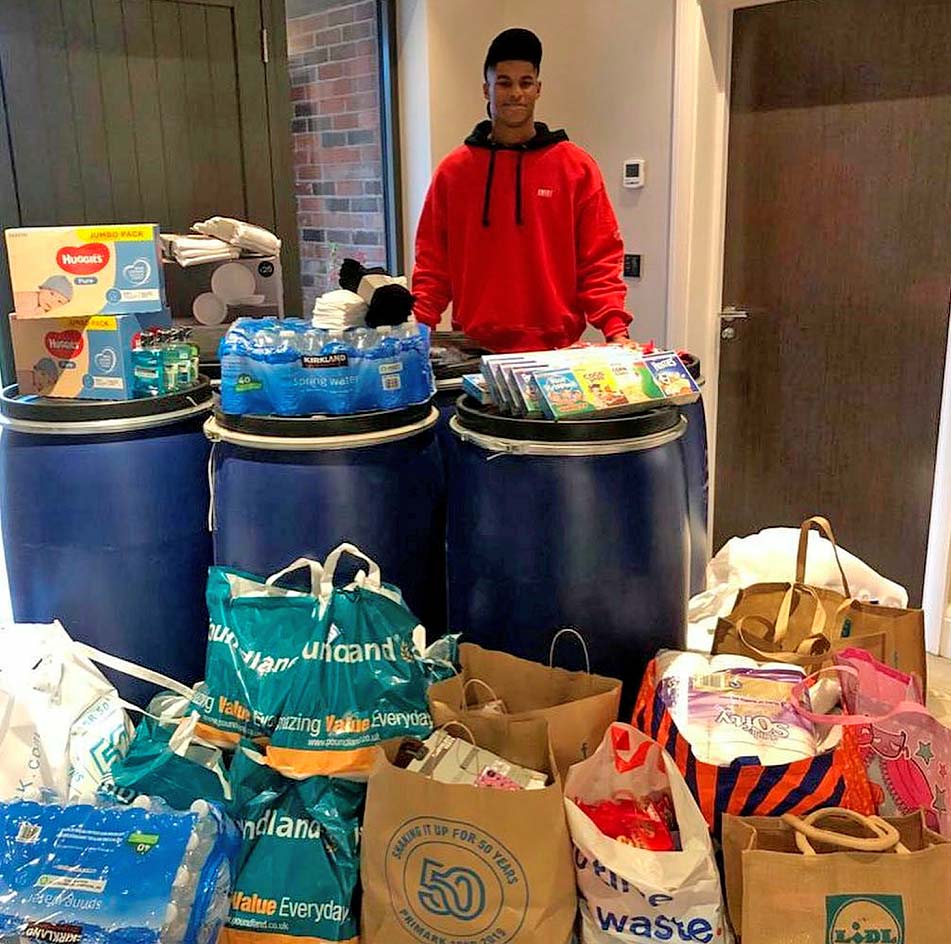
Last month, the football player sent a heartfelt letter to his family in which he talked about his early years and related the tale of how he witnessed his mother cry herself to sleep due to her concern over providing for her family.
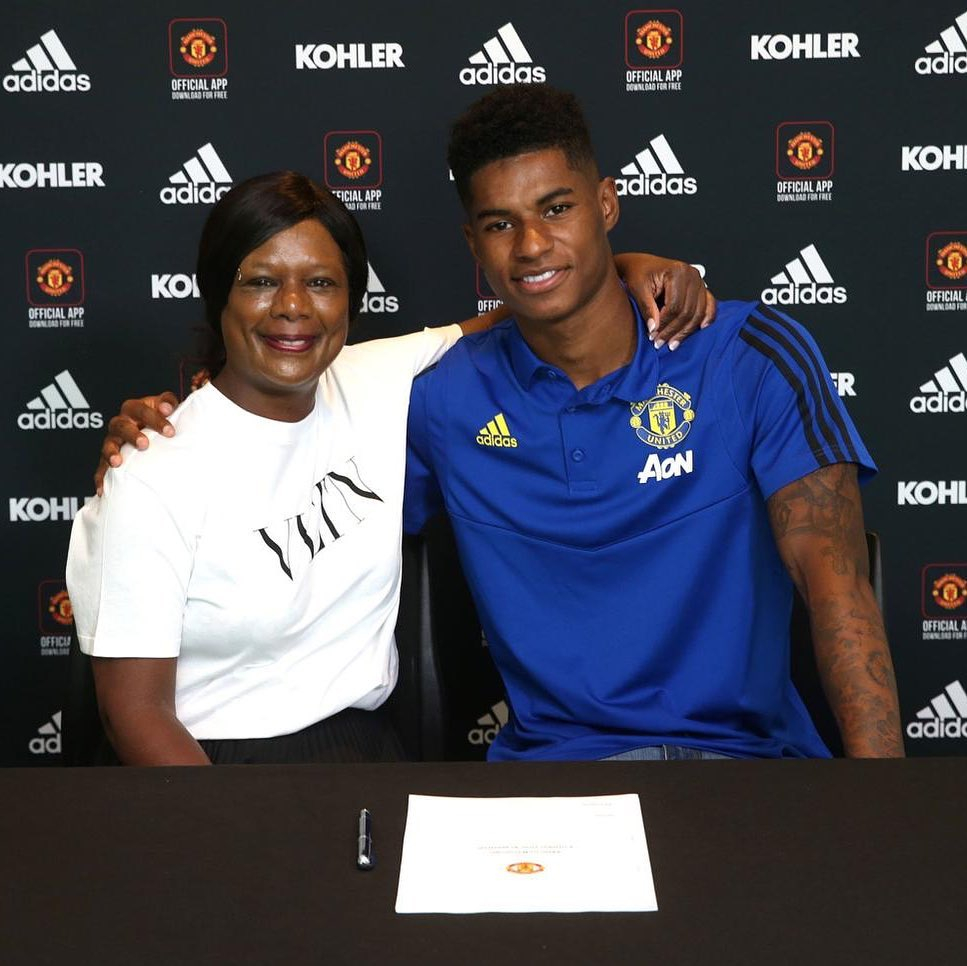
Marcus previously gave food for 3.9 million malnourished children during the lockdown as part of a £20 million fundraising campaign.
In an effort to help an extra 1.5 million kids, he is now advocating for the expansion of free school lunches to cover all kids from households receiving Universal Credit.

He is currently putting pressure on lawmakers to enact changes after forming a task force on child poverty with major retailers.
Marcus claims that the families are very grateful for what he has accomplished.
He told Piers Morgan and Susanna Reid on Good Morning Britain, “They’re just very happy really and grateful.”
They frequently express to me their happiness and gratitude for me.
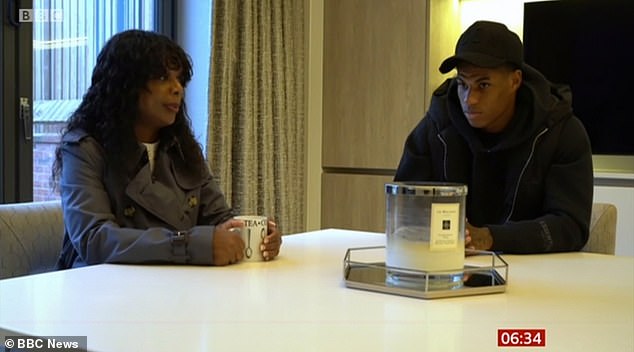
They said things like, “I don’t realise how much it’s helped them,” which is true to some extent because my mother never received treatment like that when I was a kid. Since I wasn’t sure how they would respond, I wasn’t sure what they would say.
The fact that everything went off without a hitch inspires me to try my hardest to help them.
‘ASK FOR HELP’
The athlete was questioned on Twitter on a Conservative Member of Parliament’s assertion that “parents’ responsibility to feed their children.”
Marcus had expressed the opinion that all parents “felt the responsibility to feed their children,” thus the lawmaker ought to have a conversation with families before publishing.
On Good Morning Britain, Marcus said, “For me, it’s all about the stigma of asking for help.”
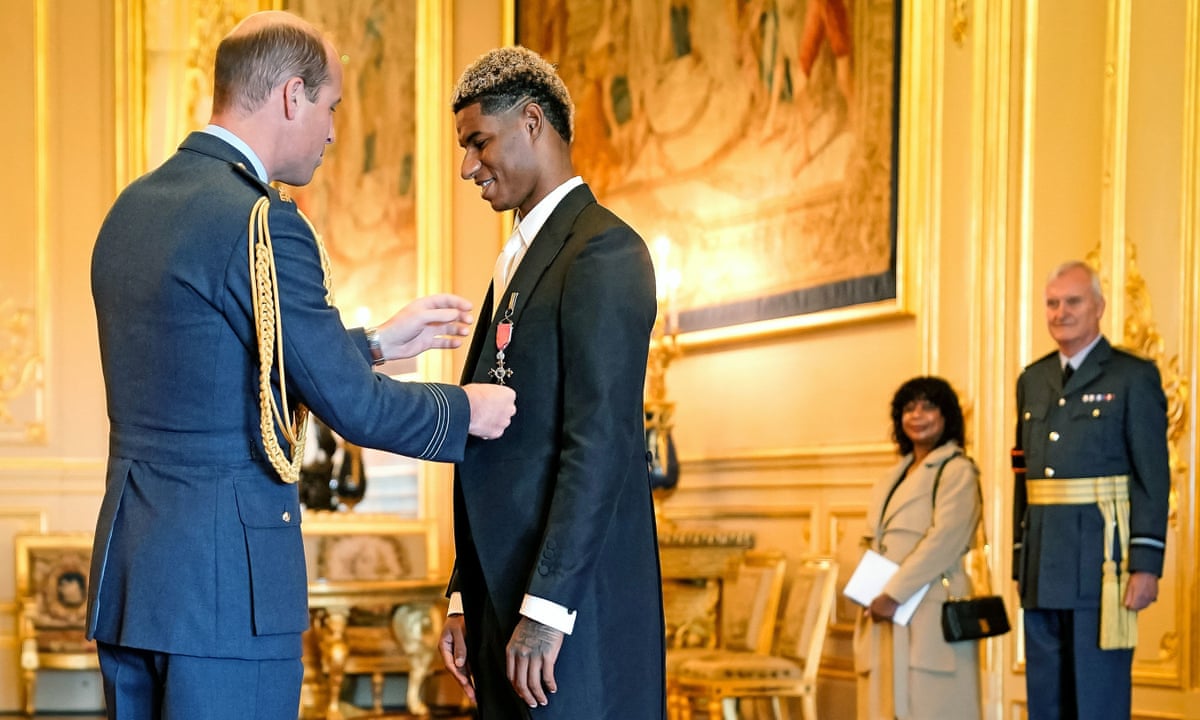
Asking for help when you need it and when the person who can provide it is in a position to do so is crucial, as I was taught.
“I just wanted to make sure that was clear in my response.”
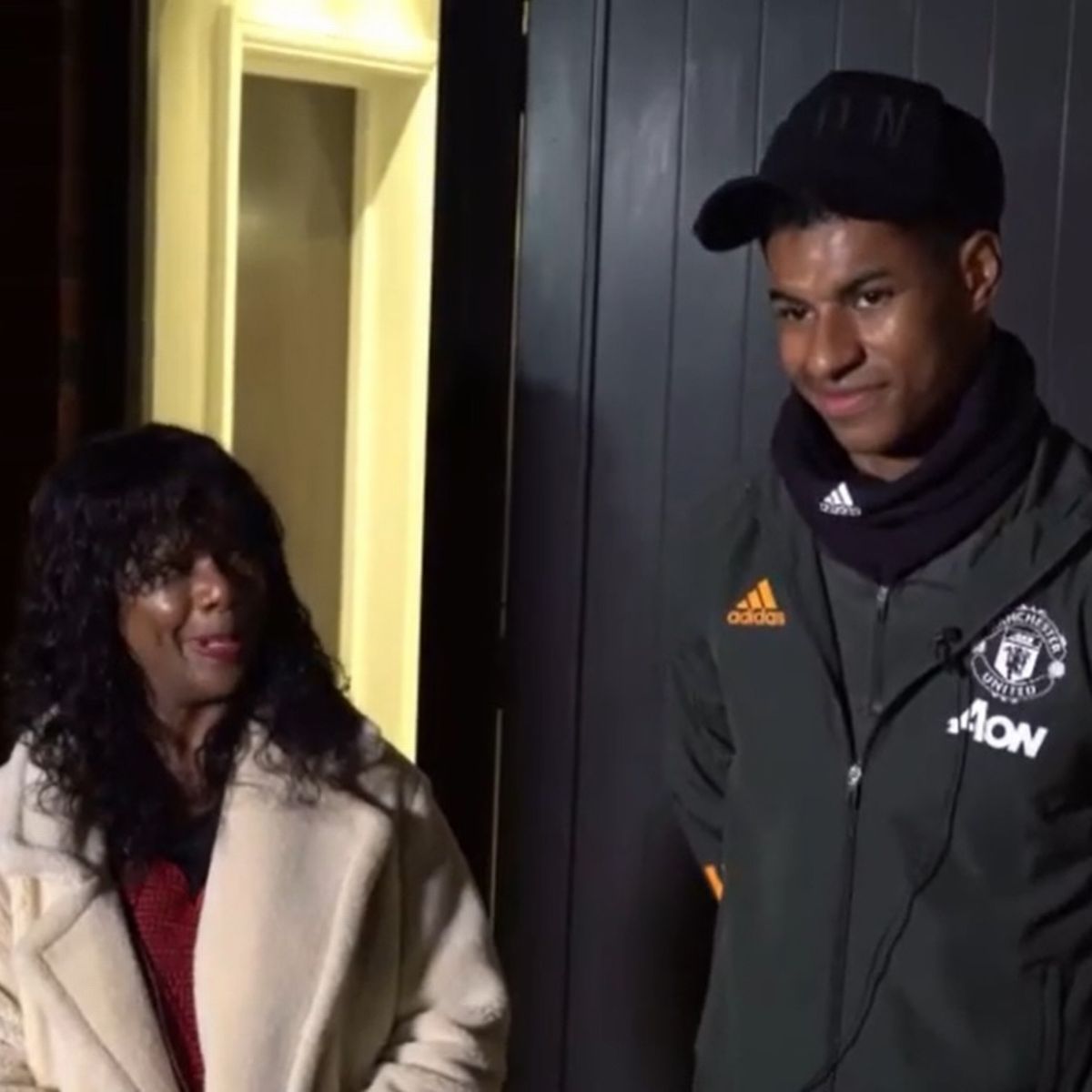
In his open letter, he recalled his childhood in Manchester, saying, “I remember my mother crying herself to sleep, even now, after working a fourteen-hour shift, not knowing how she was going to make ends meet.”Fortunately for the rest of us, I could kick the ball around and escape that reality. Many find the answer on their own, and many others receive no help at all in finding it.
“I want to provide a platform for those who are willing to speak up, and I will keep advocating and speaking up for those who choose not to.” The most helpless individuals are voiceless when seeking help.